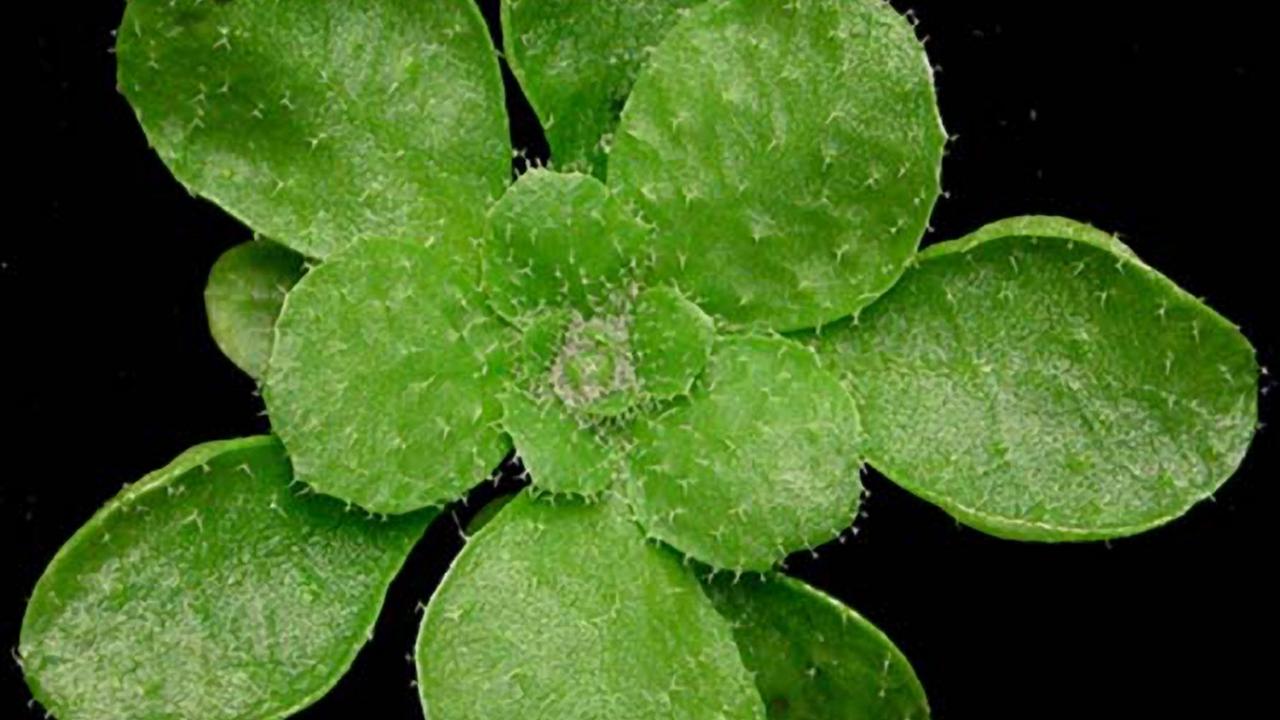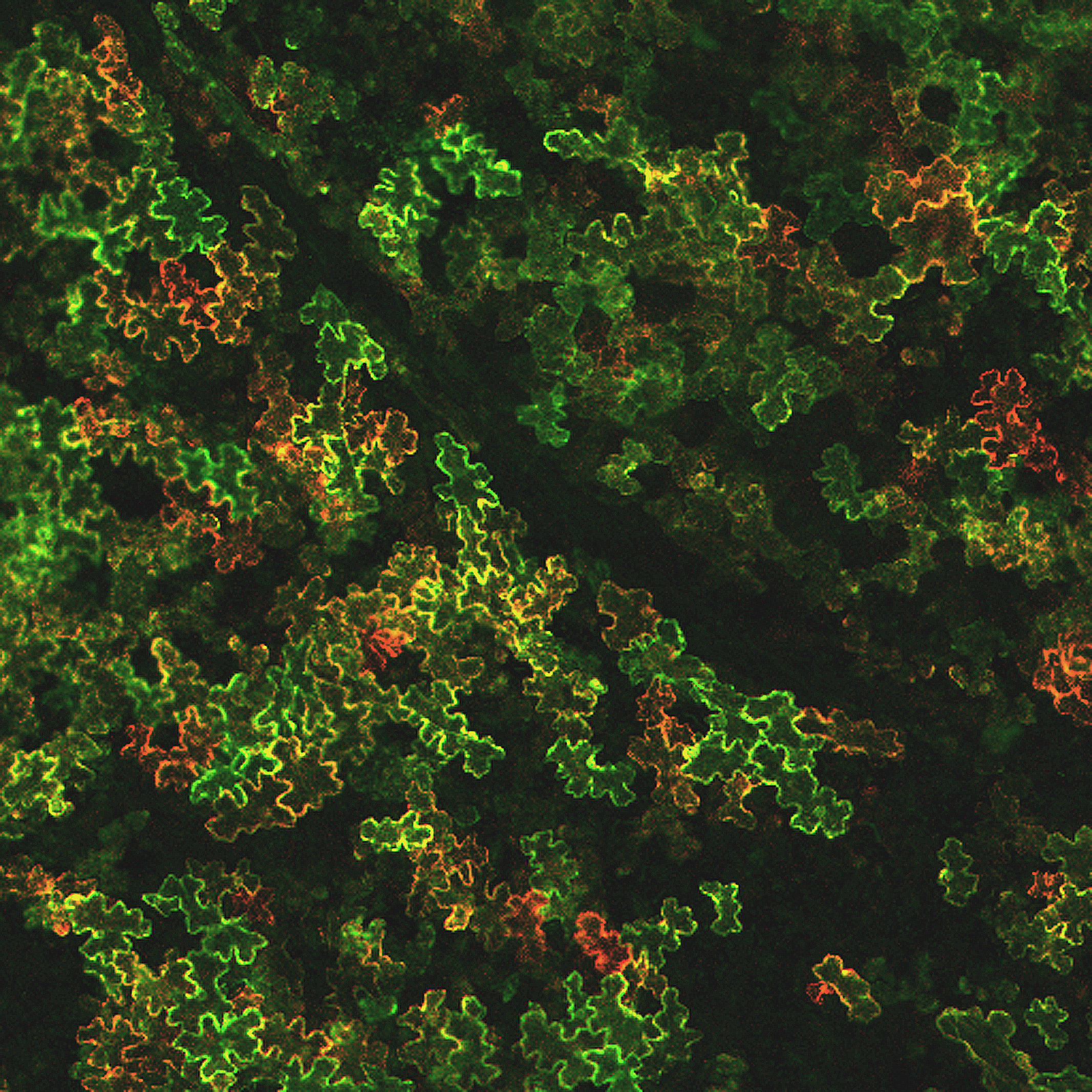Plant Science
The Plant Science Group (PSG) maintains a broad interest in understanding how plant growth and development is regulated by environmental stimuli and how plants cope with a changing environment.
Staff
Postgraduate research students
Refine By
-
{{student.surname}} {{student.forename}}
{{student.surname}} {{student.forename}}
({{student.subject}})
{{student.title}}
Research staff
Associate staff
Full list of Postgraduate research students and Research Staff can be found here.
Our research focuses on identifying the molecular mechanisms underlying physiological and developmental adaptation to both:
- environmental stress factors including drought, high/low temperatures, mineral nutrient deficiency and salinity.
- environmental cues such as light, day length and CO2.
Our research interests also extend to studying pathogen immunity.

Aims and Expertise
We seek to gain fundamental insights into the cellular and molecular mechanisms of plant growth and development, which determine survival in natural ecosystems and yield and quality traits in agriculture. Plant performance is intricately tied to photosynthetic efficiency, water usage, nutrient uptake and resistance to environmental stress and pathogen infection. Increasing crop productivity will depend on modulating such processes if we are to offer new strategies to meet the growing demand for energy and food security and mitigate challenges associated with climate change. Our research also employs synthetic biology, systems, and modelling approaches to tackle global challenges.
Our research strengths include:
- photosynthesis
- stomatal biology and mathematical modelling
- photobiology and UV tolerance
- temperature sensing and response
- mineral nutrition and root system architecture
- ion transport and electrophysiology
- membrane protein trafficking
- transcriptional regulation and epigenetics
- post-translational modifications and proteostasis

Technology, impact and outreach
Our work has been successful in developing technologies and new approaches to modulate signaling pathways to improve plant physiology and performance, resulting in the filing of multiple patents. The PSG is well connected with companies involved in plant science and industrial biotechnology. We also have considerable expertise in photobiology and are currently interfacing with stakeholders to support the development and use of artificial lighting in the rapidly expanding area of controlled environment agriculture. In addition, we drive Plant Science education in and outside the classroom through the cross-disciplinary Sci-Seedlets programme.
Facilities
The PSG is located within and is based in the Bower Building with supporting cutting-edge facilities and infrastructure including state-of-the-art confocal microscopy, Pulse Amplitude Modulated (PAM) fluorescence systems, glasshouses, and specialised illumination rooms, which form part of a recently refurbished plant illumination suite. equipped with a suite of interconnected LICOR 6800 systems for infrared gas analysis is open to internal and external users.
Our work is also supported by expertise from the MVLS Shared Research Facilities.

